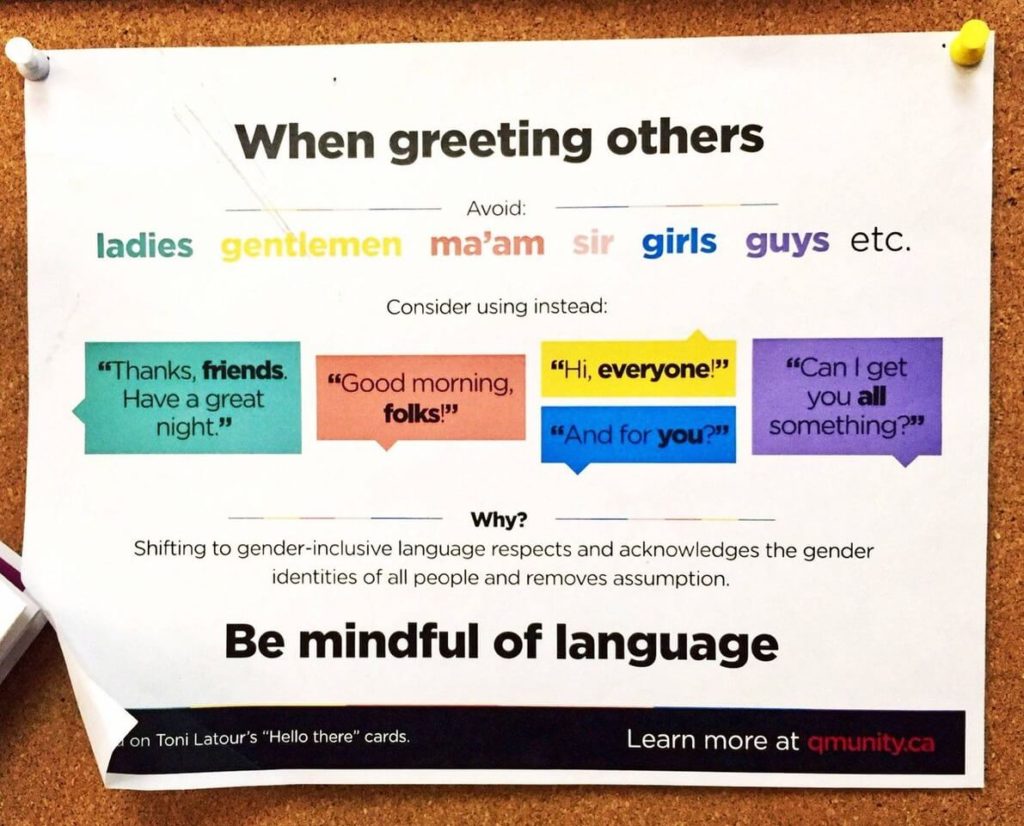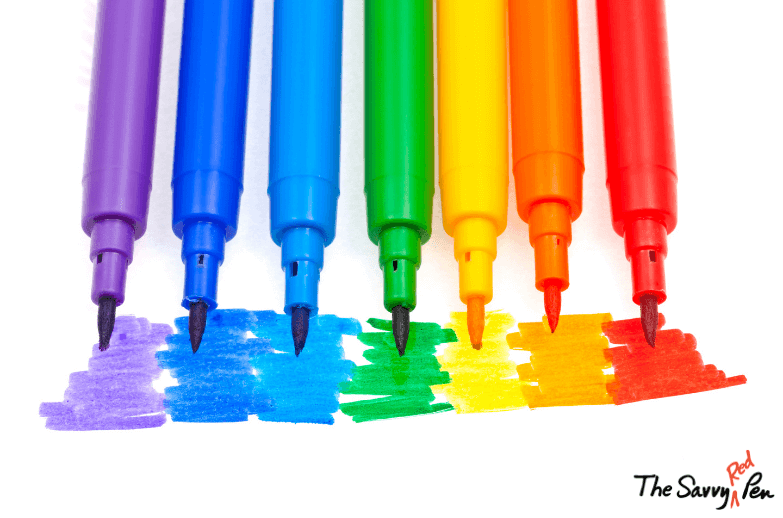June 2021: It’s PRIDE Month, 30 days to celebrate the LGBTQ+ community and the impact on local, national, and international news—especially the struggle against discrimination and ostracism. Specifically, PRIDE month commemorates the June 1969 Stonewall Uprising in Manhattan. For those not up on this history, police raided the Stonewall Inn, a bar that welcomed the gay, lesbian, and transgender community. The raid of 13 customers prompted a three-day riot, considered a positive turning point in the gay rights movement.
In June 1970, the first anniversary of the Stonewall Uprising, and every year since, people have gathered to march with PRIDE and demonstrate their support for equal rights. The rainbow flag, originally created by Gilbert Baker, showing eight colors in 1978 and modified in 1979 to show six colors (for easier production), waves all over the world. While we celebrate positive milestones, such as some revised business, military, and marriage policies, prejudice and disrespect still exist. One way we can progress is to look at gendered (binary) and gender neutral (nonbinary) language and purposely choose inclusive language. Not only does this simple act show solidarity with those who are discriminated against, but it also helps us communicate clearly and without bias.
Using Gender-Neutral Terms in Speech and Writing
We don’t typically learn about gender-neutral terms in school, although mentioning them may be more common today in high school and college settings. But learning about and using them may educate the populace and set a positive example, signaling respect and inclusivity.
For example, a speaker in a public setting or classroom has no way of knowing the representation of cisgender individuals or where people may fall within the LGBTQ+ community. Greeting an audience with “Ladies and Gentlemen,” “Hi, guys,” or “Greetings, ladies” is no longer appropriate. Many people are aware that they don’t identify as male or female and are uncomfortable with these greetings. Breaking this habit is difficult, but we can simply say, “Greetings, everyone,” “Hi, folks,” or simply, “Good morning.” This simple change will help those who are nonbinary feel more safe and included.

The Problem with Using Words Ending in “-man”
Words such as “postman,” “fireman,” and “chairman” implicitly suggest that only men are allowed to be or capable of being within these professions. We obviously know that is not true. When we change words like these to be gender-neutral, we open the door to all, regardless of their gender identity. Instead, find ways to use a non-gendered or gender-neutral term, such as “mail carrier,” “firefighter,” or “chairperson.”
Non-binary & Gender-Neutral Terms
Here’s a list of helpful suggestions for non-binary or gender-neutral terms you can use that will be respectful and inclusive for all people.
Gender-Neutral Terms for the Workplace
| Gendered Term | Gender-Neutral Term |
|---|---|
| businessman/businesswoman | businessperson |
| chairman/chairwoman | chairperson, chair |
| crewman | staff |
| foreman | foreperson |
| layman | layperson |
| mailman | postal carrier |
| manned | staffed |
| policeman | police officer |
| waiter/waitress | waitstaff, wait server |
| congressman | Members of Congress |
| councilman/councilwoman | councilperson |
| salesman/saleswoman | salesperson, sales representative |
And let’s not forget direct address in letters or emails. Consider using “Dear customer,” “Dear valued client,” “Hello team,” “Hi all” rather than “Dear sir” or Dear Madam.” And a way to avoid Mr. or Ms. is to simply use Mx.
Terms to help you avoid using words ending in -man.
| “Manly” Term | Neutral Term |
|---|---|
| man | person, individual |
| mankind | people, human beings, humanity, humankind |
| the common man | average person |
| woman or man | adult |
| man-made | synthetic, artificial |
| freshman | first-year student |
| human | person or being |
Friends and Family Gender-Neutral Terms
| Gendered Term | Gender-Neutral Term |
|---|---|
| mom, dad, mother, father | parent |
| aunt, uncle | pibling (stands for parent’s sibling) |
| husband, wife | spouse |
| boyfriend, girlfriend | partner, significant other |
| dude, buddy | friend |
| fiancée, fiancé | betrothed |
| grandson, granddaughter | grandchild |
| grandma, grandpa | grandparent |
| niece, nephew | nibling, chibling, sibkid (sibling’s kid) |
| sister, brother | sibling |
| son, daughter | child |
| boy, girl | kiddo, young person, kid, teen |
Although gender-neutral terms aren’t accepted world-wide, they can show more people they are respected. And using sexist language can sometimes get in the way of effective communications. We don’t want that, do we?
Remember, being kind, respectful, and inclusive never goes out of style.
Want to stay current with language trends? Subscribe to the Savvy Red Pen Blog.
We also offer a full line of editorial services for authors, students, and businesses. Contact us today to learn more!
Related Articles
The Evolution of the Singular They Pronoun
Should Your Company Have a Corporate Style Guide?
Capitalization of “Black” & “White”: The Uppercase Argument

